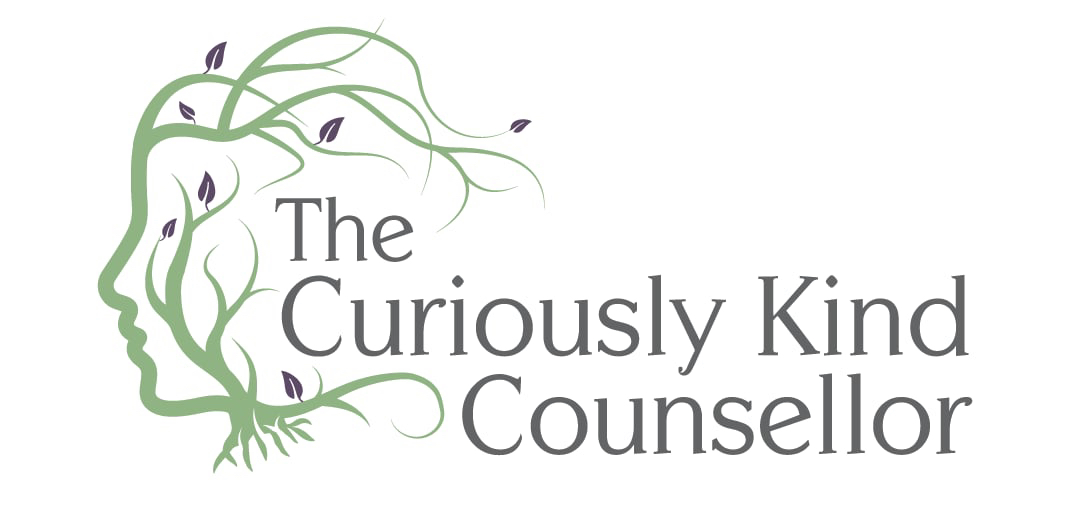Grief is an intense and personal experience, often bringing forward more than just the pain of a recent loss. For many, grief can reopen old wounds—emotional scars from past experiences like betrayal, neglect, or unresolved trauma. These past hurts can magnify the pain of your current grief, creating an overwhelming emotional landscape that feels impossible to navigate. So, how do you heal from grief when old wounds are also resurfacing? In this blog, we’ll explore how to recognise unrecognised patterns, uncover limiting beliefs, and create a unique path toward healing.
How Grief Brings Up Old Wounds
Grief doesn’t exist in a vacuum. When you experience a loss, it can trigger memories of past pain, making current grief more complicated. Whether you’re grieving the loss of a loved one, a relationship, or a life change, unresolved emotional wounds from the past can come flooding back.
Old wounds often stem from painful past experiences—such as childhood neglect, emotional abandonment, or betrayal—that were never fully processed. They might not be actively painful in your daily life, but in times of grief, they resurface, amplifying your sense of loss and making the healing process feel much harder.
Recognising the Hidden Patterns of Pain
One of the most challenging aspects of grief and old wounds is recognising how the past is affecting the present. Often, the pain manifests in patterns of behaviour and thoughts that we’re not even aware of. These patterns—such as avoidance, people-pleasing, or feelings of unworthiness—are the result of old wounds that were never healed.
Without recognising these patterns, you may feel stuck in your grief. To truly heal, you need to look deeper into these behaviours and trace them back to their origins. By acknowledging the root of these responses, you can begin to understand why you’re reacting to loss the way you are today.
Why Healing Old Wounds Feels So Difficult
Healing isn’t easy, especially when you’re dealing with layers of pain that go back years. One reason healing can feel so difficult during grief is that the mind and body may resist confronting these old hurts. These wounds often hold deeply ingrained beliefs about ourselves—beliefs formed in childhood that dictate how we see the world.
For example, if you experienced emotional neglect as a child, you might carry a belief that your feelings aren’t valid or that you must suppress your emotions to be loved. When you lose someone or something important, this belief might prevent you from fully engaging with your grief, blocking your ability to heal.
Uncovering Limiting Beliefs Created in Childhood
Limiting beliefs are often created in response to unresolved emotional pain. During your formative years, you may have learned to cope with neglect, rejection, or other traumas by forming beliefs that helped you survive emotionally at the time. However, these beliefs can become obstacles to growth and healing as an adult.
Some common limiting beliefs that may arise during grief include:
- “I must keep my emotions hidden to protect myself.”
- “I’m not worthy of love or care.”
- “If I express my pain, I will be abandoned.”
Recognising these limiting beliefs is key to healing old wounds. Once you become aware of them, you can start to challenge and rewrite them, allowing yourself to grieve and heal without the weight of the past holding you back.
Creating Your Unique Path Forward
Healing old wounds during grief isn’t about following a set formula. It’s about creating a path that is uniquely yours. By acknowledging the patterns and beliefs that stem from your past, you can begin to shift your focus toward healing. This might involve:
- Self-reflection: Take time to explore your emotions and patterns. Journaling can help you connect the dots between your past and present experiences.
- Therapy or Counselling: Working with a professional can provide the support you need to navigate both your grief and the deeper emotional wounds that have resurfaced.
- Setting Boundaries: If people-pleasing or overextending yourself is a pattern, learning to set healthy boundaries is a crucial step toward healing.
- Mindfulness: Practices like mindfulness and meditation can help you stay grounded in the present moment and create space for healing, rather than allowing past pain to dominate your grief.
Healing Old Wounds for a Peaceful Future
Grief will always be a difficult journey, but it also presents an opportunity to heal not just from your current loss, but from the old wounds that have shaped your emotional life. By recognising hidden patterns, challenging limiting beliefs, and consciously creating a new path forward, you can experience greater peace today and into the future.
Healing from grief and old wounds takes time, but it is possible. With patience, self-awareness, and the right support, you can emerge from this difficult time feeling more whole, peaceful, and ready to move forward.
